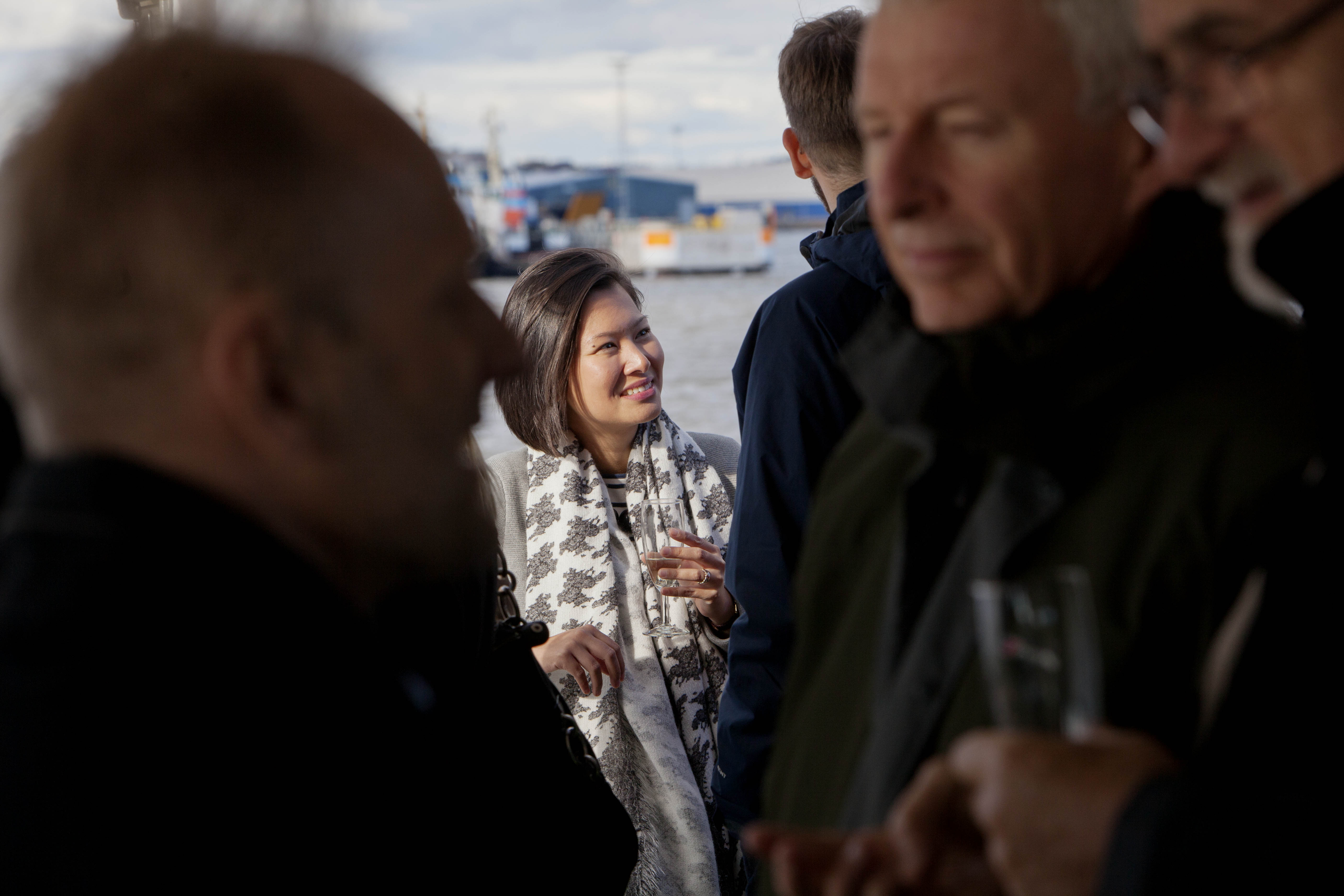Text: Maija Karjalainen
Dr. Nicole Curato works as a Discovery Early Career Research Award Fellow in the Centre for Deliberative Democracy & Global Governance in the University of Canberra, Australia. Her work locates in the literature on deliberative democracy and her special interest is on deliberation in crisis situations. She defended her PhD in the University of Birmingham in 2007. We met with Nicole at a conference ‘Democracy: A Citizen Perspective’ in Åbo Akademi University, May 27-28, where she presented her work.
What kind of research do you do in terms of democratic innovations?
– I’ve always been interested in the role of deliberation in crisis situations. This is when we don’t usually expect deliberation to happen, because the responsibility is often given to experts and other authorities. Crisis moments and decisions made then lay, however, significant basis future decisions and therefore are in great need for legitimacy.
The most recent of Curato’s research projects concerns the role of deliberation in post-conflict contexts, and the situation after the 2013 typhoon Haiyan in the Philippines, in particular. Applying an ethnographic approach she studies, how the post-disaster reconstruction processes in the cities hit by Haiyan fulfil democratic and deliberative criteria, and develops a framework for evaluating the democratic quality of similar recovery processes. By attending community meetings, protests and other formal and informal participatory processes and interviewing affected populations she analyses whether democratic innovations can benefit recovery processes, and how.
Curato’s other work (together with Simon Niemeyer and Andre Bächtiger) deals with the deliberative-democratic capacity of nation-states with the aim to conceptualize and operationalize an index for comparing democracies in today’s world.
– I am also planning to do research on crowdsourcing legislation in Finland, which has inspired me recently. We usually think that citizens just monitor legislators, so it is very rare that citizens can actually craft policies in a collaborative and digitally-enabled manner. Continue reading

